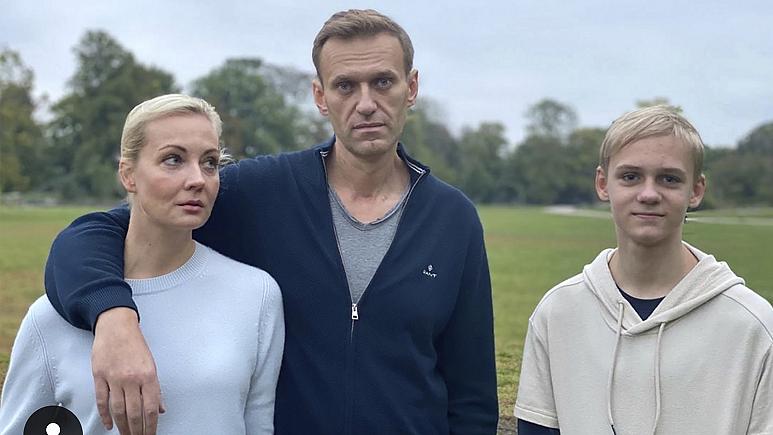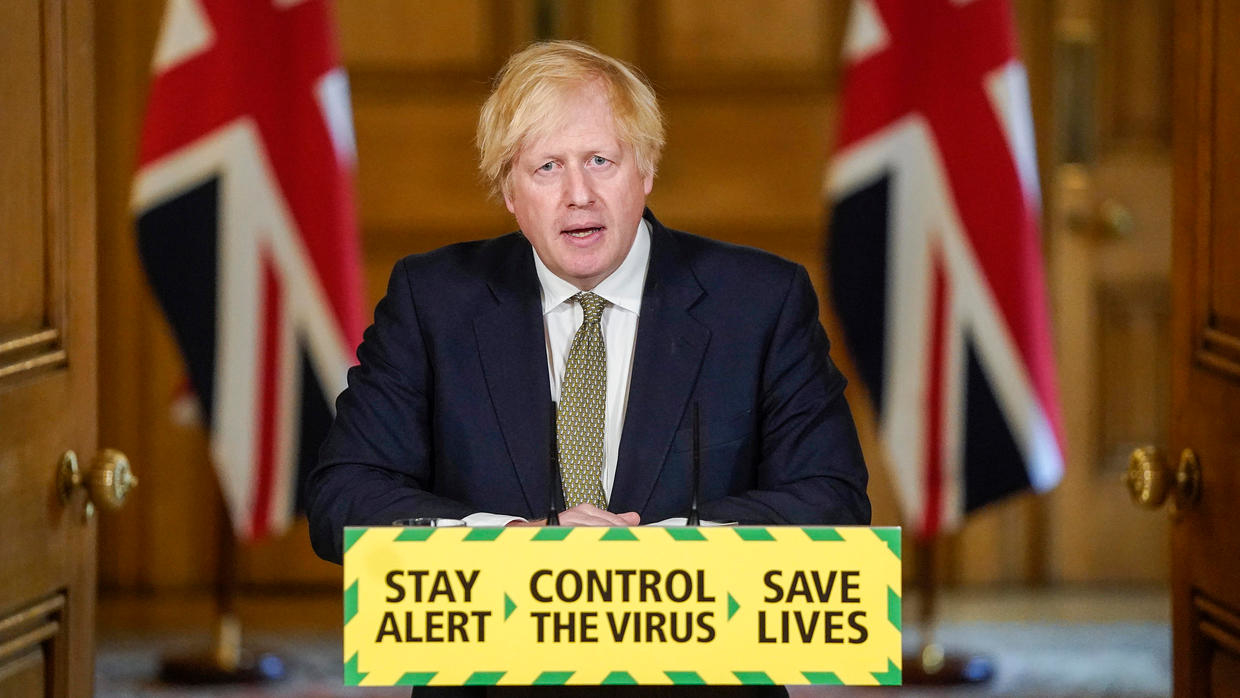EU imposes sanctions on 6 individuals over poisoning of Kremlin critic Alexei Navalny

The EU imposed sanctions on Thursday on six individuals and one entity it believes were involved in the poisoning of Russian opposition figure Alexei Navalny.
The individuals are some of the highest-ranking officials in Russia, including the head of domestic intelligence services, a deputy government minister and a deputy chief of staff in President Vladimir Putin’s office.
The decision comes after a meeting of EU foreign ministers on Tuesday and nine days after the Organisation for the Prohibition of Chemical Weapons (OPCW) confirmed that the substance used to poison Navalny was Novichok, a Soviet-era nerve agent.
Amongst those blacklisted include Putin allies Aleksandr Bortnikov, director of Russia’s domestic spy agency, the Federal Security Service, Sergei Kiriyenko, first deputy chief of staff in the Presidential Executive Office, and Andrei Yarin, head of the presidential administration’s domestic policy directorate whose oversight included “countering Alexei Navalny’s influence in Russian society”.
Pavel Popov, Russia’s Deputy Minister of Defence, was also cited in the EU’s sanctions list.
The State Scientific Research Institute for Organic Chemistry and Technology, the Russian body responsible for the destruction of Soviet-era chemical weapons stockpiles, has also been sanctioned.
The EU said that the use of Novichok in an attack against Navalny would only have been possible because of the failings of the Institute to destroy the remaining stockpiles.
The adopted measures include a travel ban to EU countries and an asset freeze for individuals named and the Institute. In addition, EU persons and entities are forbidden from making funds available to those on the sanctions list.
Russia would retaliate in kind with reciprocal sanctions against the EU, the country’s foreign minister Sergei Lavrov said on Wednesday.
The punitive measures are similar to those imposed in the wake of the poisoning of the Skripals in Salisbury, the UK, in March 2018.
Like Navalny, Sergei Skripal, a former Russian military intelligence officer and double agent, and his daughter Yulia, were poisoned with Novichok.
Both survived the attack.
Navalny became seriously ill on a domestic flight from Siberia to Moscow on August 20, eventually falling into a coma at a hospital in Omsk.
After two days, he was airlifted to the Charité hospital in Berlin for further treatment where he stayed in an induced coma for 16 days.
He was discharged from hospital in the German capital at the end of September after 32 days of treatment, 24 of which were spent in intensive care.
In an interview with German magazine Der Speigel earlier this month, Navalny claimed Putin was responsible for the attempt on his life.
“I claim that Putin was behind the crime, and I have no other version of what happened,” he said.
[contfnewc]
[contfnewc]
Read from source [contfnewc]
[contfnewc]
[contfnewc]
[contfnewc]
[contfnewc]

















